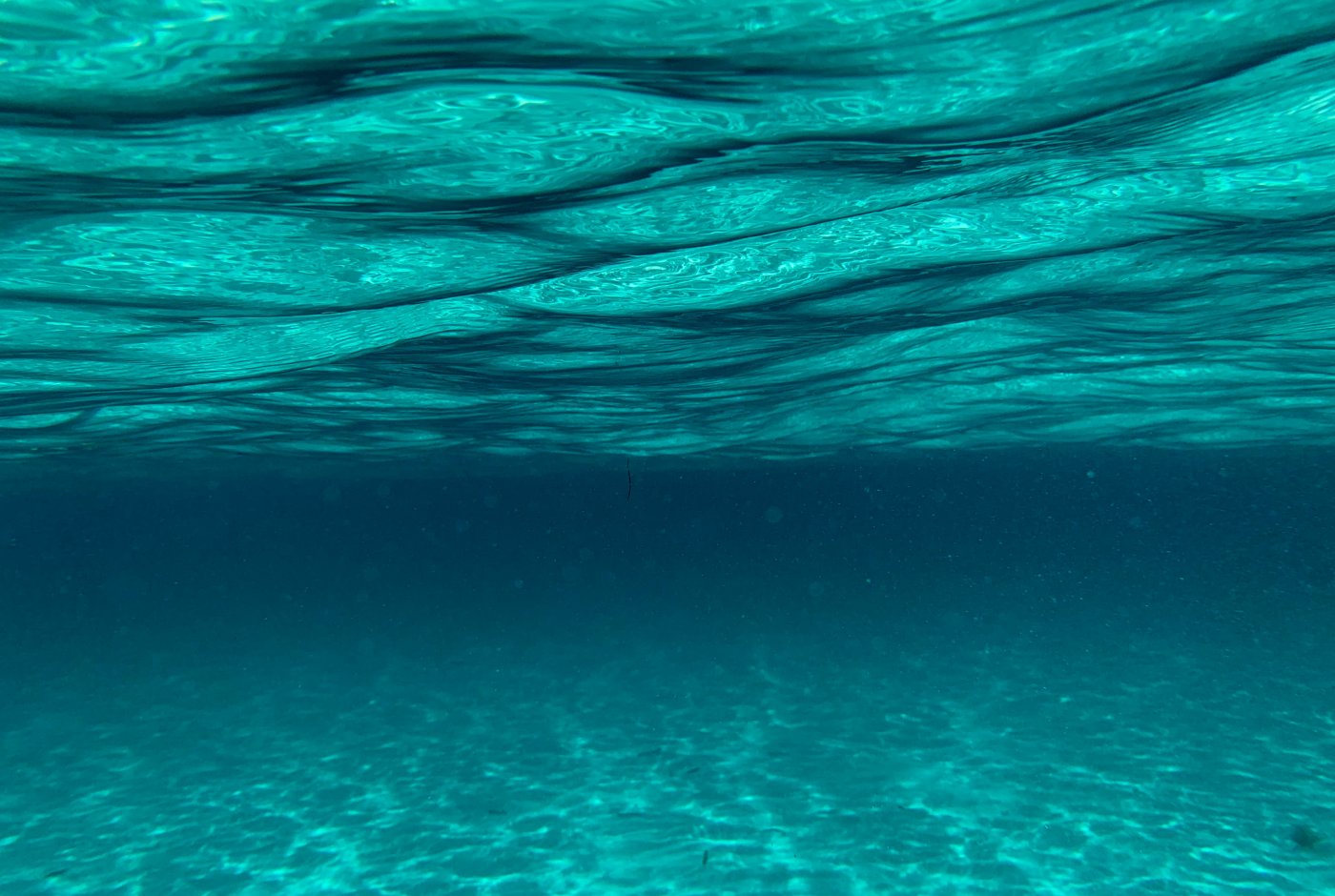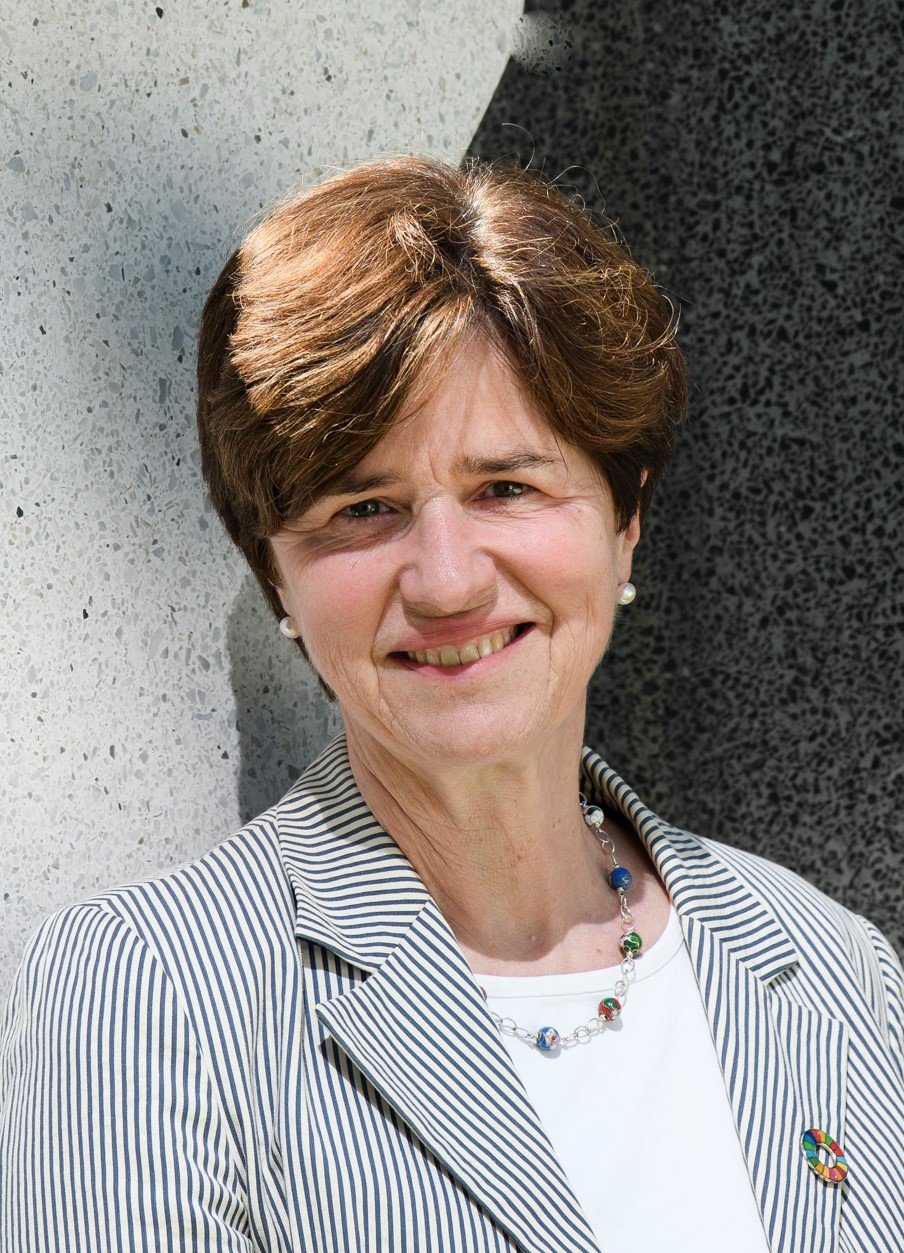
Underwater Worlds
Just over 70% of the Earth's surface is covered by oceans. This water offers a wealth of microscopic life forms that are absolutely essential to the biology of the globe. Professor Katherine Richardson, has fallen in love with this marine fauna. But she's worried.
The water masses in our time absorb very large amounts of the CO2 we emit into the atmosphere. In doing so, water shields us from excessive climate change. Of course, it is fortunate, but it has a high cost. When carbon dioxide (CO2) is dissolved in water (H2O), it turns into carbonic acid. (H2CO3). And so the chemical properties of the oceans are changing rapidly with our use of fossil fuels.
How will the acidification of the ocean's water affect the conditions for the myriad of living aquatic life? And when should we expect the Earth's water to be saturated with carbon dioxide, after which the rise of CO2 in the atmosphere will accelerate?

Katherine Richardson is Professor of Biological Oceanography and Head of the Sustainability Science Center at the University of Copenhagen. She chaired the Danish Government's Climate Commission 2008-2010 and since 2015 has been a member of the Danish Climate Council. In 2016, she was a member of the panel of experts, appointed by the UN Secretary-General, to prepare the Global Sustainable Development Report 2019.
Katherine's research is carried out at the Center for Macroecology, Evolution and Climate, Globe Institute, and focuses on biogeochemical processes at sea level and how these processes are affected by Climate Change. Her research is specifically about how Climate Change and marine biodiversity are affecting the global carbon cycle. She is also one of the leading researchers in the development of the Planetary Boundaries framework, which aims to identify a safe operating space for humanity in relation to its impact on the global environment.